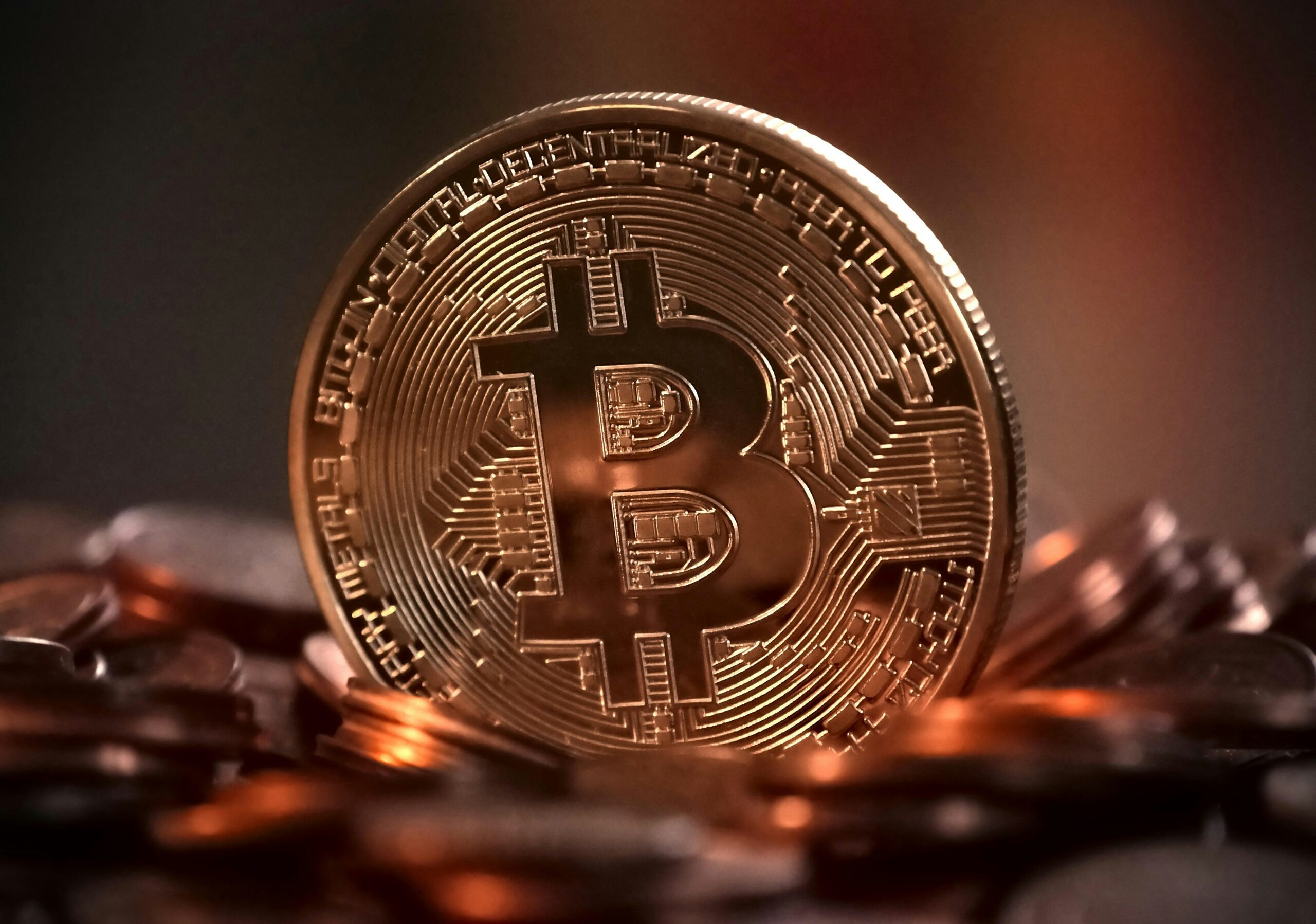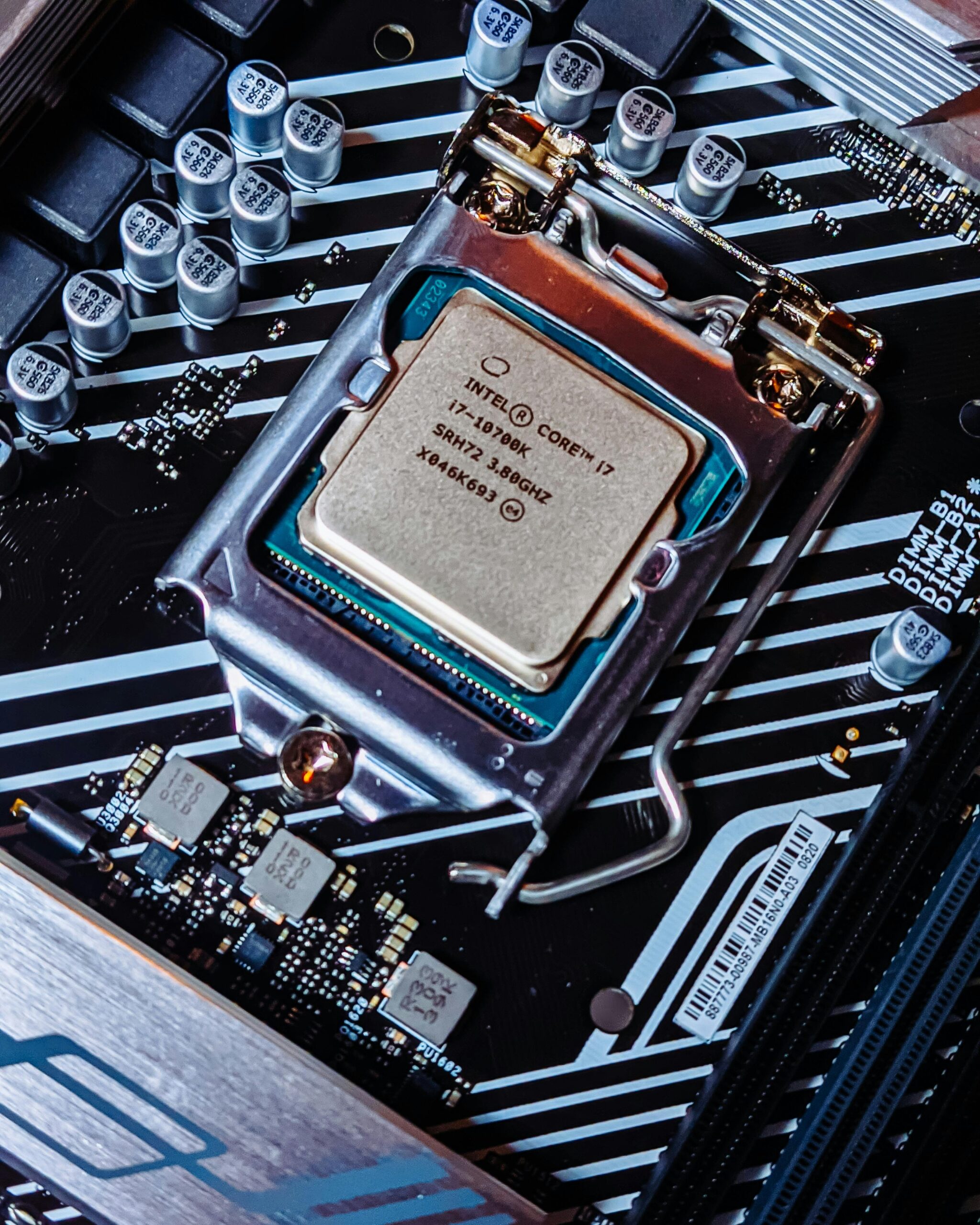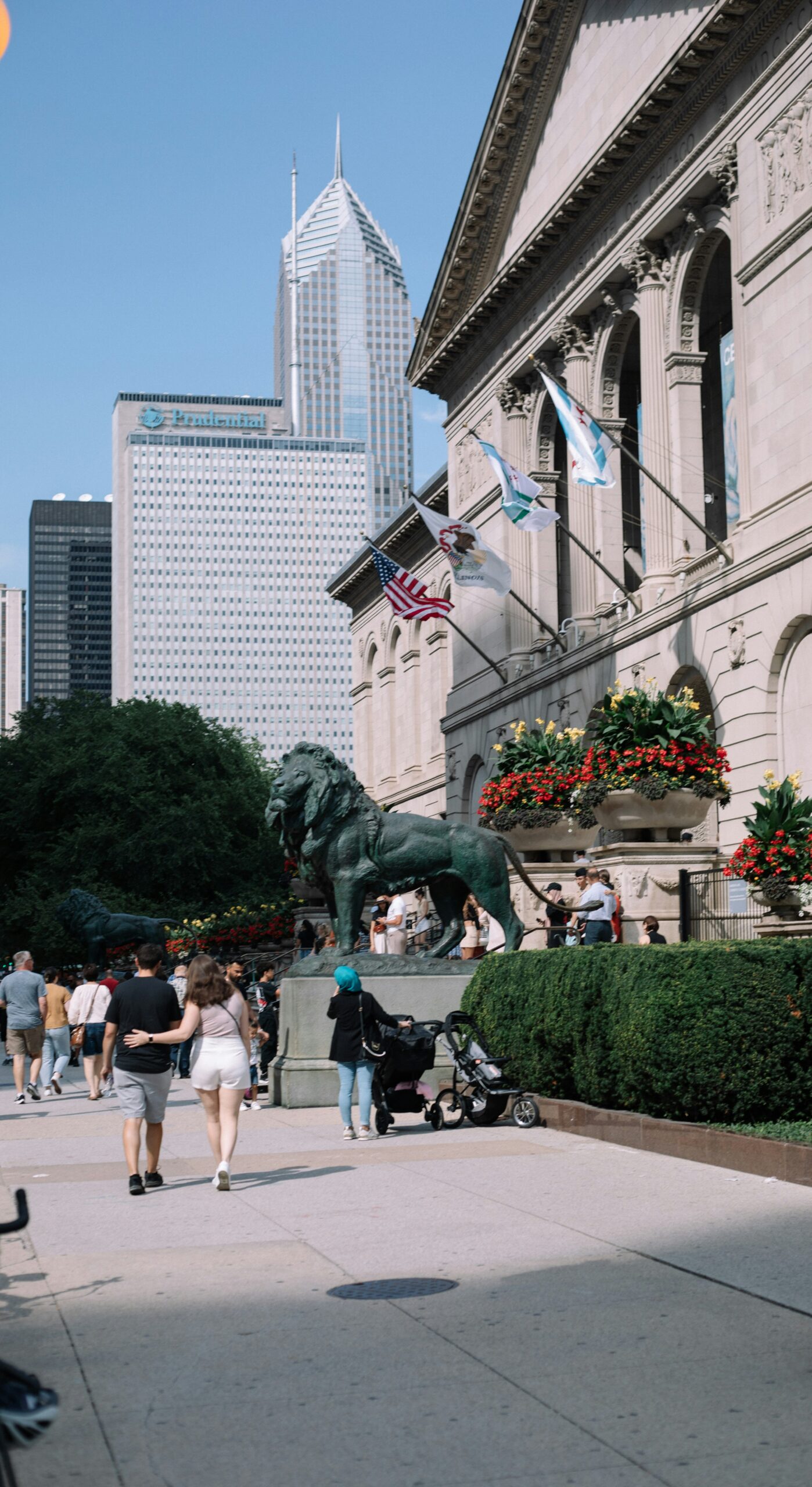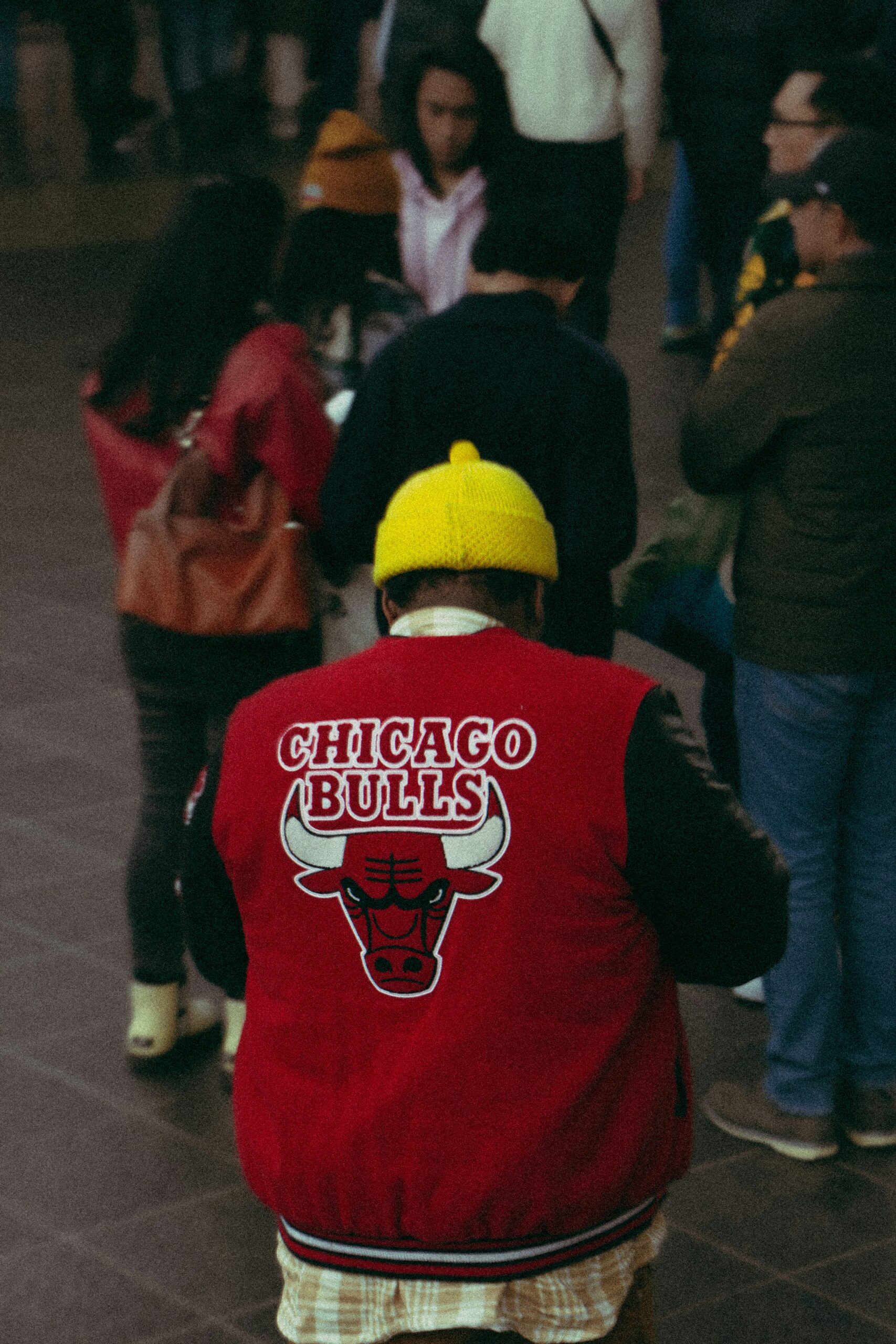Image credit: Unsplash
During COVID-19, quality at-home workout products were in demand as fitness became an excellent way to pass the time. Peloton, the popular fitness equipment, witnessed a sales rise of 250% in just the first quarter of 2020. Its stock surged over 400% at the height of the pandemic, but today, CEO John Foley has lost the billionaire status accompanying the company’s rise.
A Rapid Decline
His billionaire status was short-lived, as he told the New York Post. “You know, at one point I had a lot of money on paper. Not actually [in the bank], unfortunately. I’ve lost all my money. I’ve had to sell almost everything in my life.”
The Series of Unfortunate Events
When pandemic restrictions were lifted in 2021 and people returned to their everyday lives, they abandoned their new exercise methods for gyms and outdoor activities. Peloton, however, had anticipated continued demand for their product. By November of that year, Foley was no longer a billionaire, and Peloton stock had plummeted by over 60%.
Just one month later, the Sex in the City reboot And Just Like That… featured Mr. Big suffering a heart attack while riding a Peloton. Shares plunged by 11.5%, and Foley was assigned with most of the blame. At the same time, leaks concerning pending layoffs emerged, and some began calling for Foley’s removal as CEO.
“We were coming out of Covid,” Foley said. “The stock was getting crushed. There was a leaker… And then the Mr. Big thing happens … it was brutal. We cared about our shareholders, we cared about our employees. And all of a sudden… everything was collapsing.”
The layoffs would come, however, and the company let thousands of employees go to address the lack of demand for their product. Foley stepped down in 2022, and Barry McCarthy became CEO as Peloton raised prices and closed stores.
A Loss in Valuation and Status
Worth $1.9 billion at the height of Peloton’s success, Foley exited the company with a net worth of $225 million. Peloton rose to a $50 billion valuation during the pandemic but currently sits with a market cap of around $1.74 billion, a staggering loss of status.
Amid the financial loss, Foley and his family had to sell their $55 million East Hampton home. “My family took it well,” he told the New York Post, “My wife’s super supportive. My kids are probably better for it if we’re keeping it real.”
Foley’s Newest Venture
Foley is still chasing success despite the monetary setback. As he puts it, “I’m working hard so that I can try to make money again… because I don’t have much left. And so I’m hungry and humble.”
After resigning as Peloton’s CEO, he quickly raised $25 million for a new venture, one of the investors having previously invested in Peloton. This new company is a direct-to-consumer rug company named Ernesta. He believes he can achieve as much as $500 million in cash flow by 2030, aiming to recreate his initial success in building Peloton.
The Complicated Nature of Billionaires
Foley’s example demonstrates that a billionaire’s worth is so often tied to intangible, fluctuating assets that have been inextricable definitions of themselves. This is not a good way to look at things and gives little control over circumstances. This is one of the reasons why Foley has no interest in taking his newest company public, preferring a more realistic valuation of his enterprise. Hungry and humble, Foley is recovering and learning from his losses to build a new success story.















































































































































































































